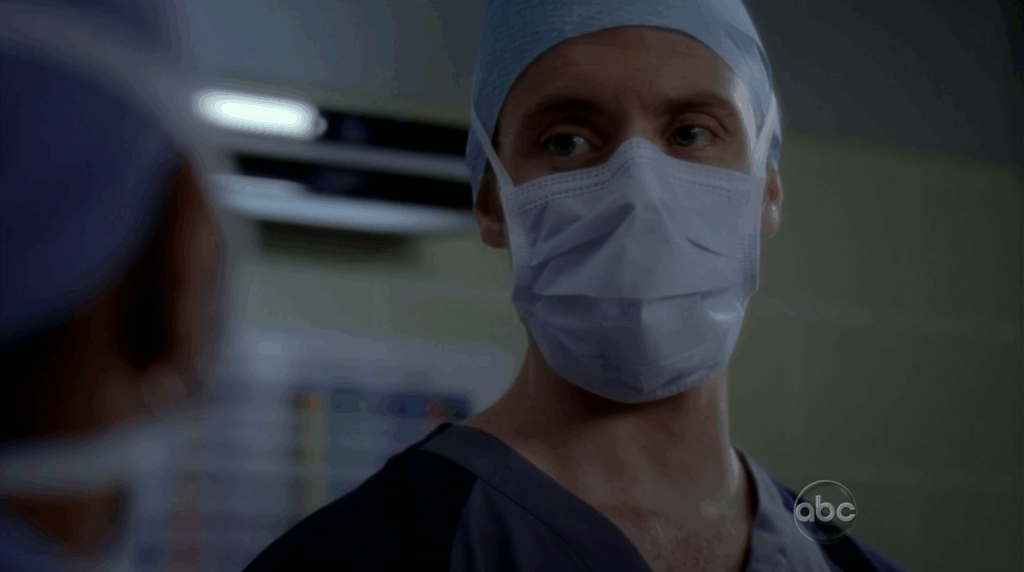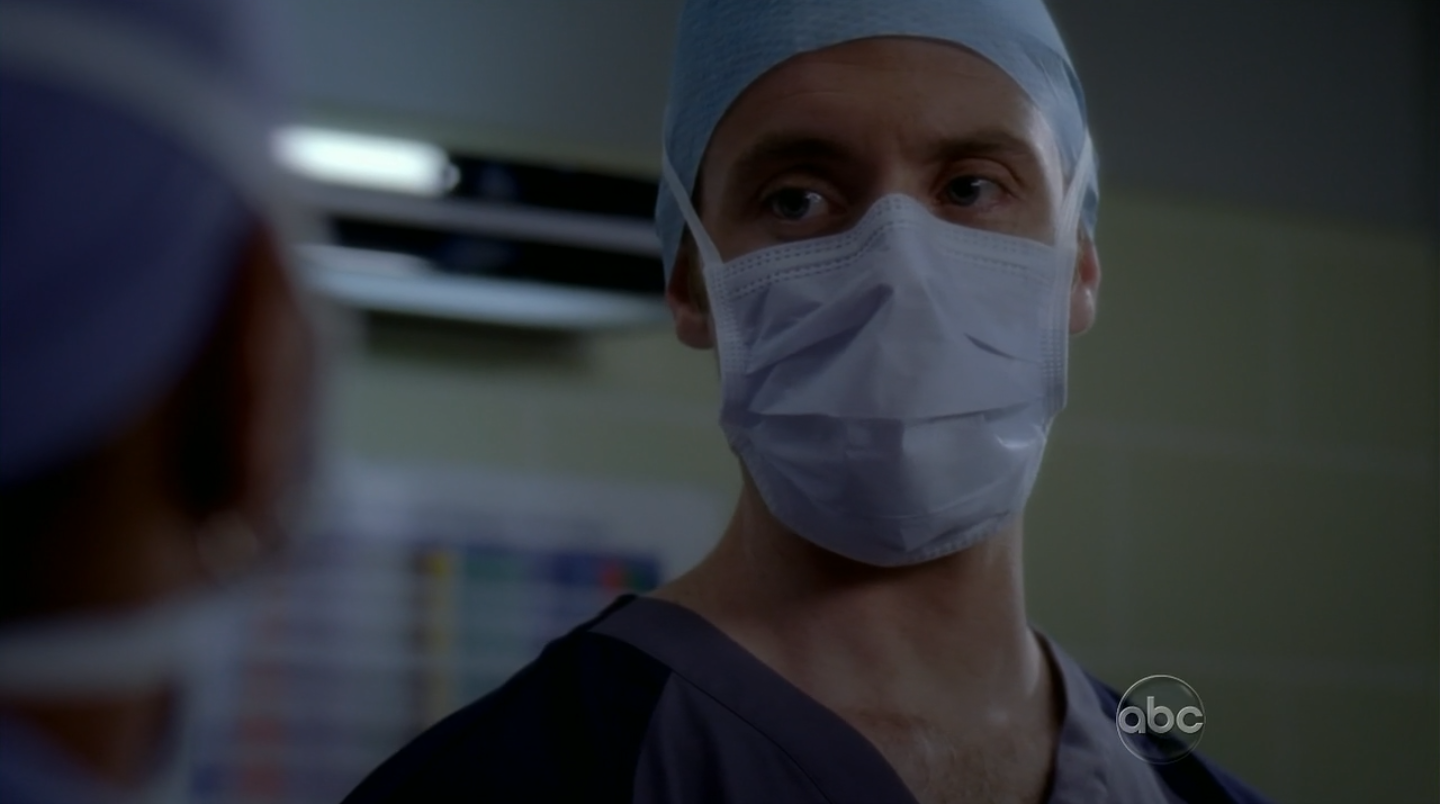
Heart Surgeon on Grey’s Anatomy: A Deep Dive into the Drama and Realism
Grey’s Anatomy, a medical drama that has captivated audiences for nearly two decades, is known for its intricate storylines, compelling characters, and, of course, its depiction of medical procedures. Among the many specialties featured on the show, cardiothoracic surgery, and the heart surgeon, holds a particularly prominent place. This article delves into the portrayal of heart surgeons and cardiac surgery on Grey’s Anatomy, examining the drama, the medical accuracy (or lack thereof), and the impact these storylines have had on public perception. From Preston Burke to Cristina Yang, and more recently Maggie Pierce, the show has consistently placed heart surgeons at the forefront of its narrative.
The Iconic Heart Surgeons of Grey Sloan Memorial
Over the years, Grey’s Anatomy has introduced several memorable heart surgeons. Each character brought a unique personality and approach to their profession, contributing to the show’s rich tapestry of medical drama.
Preston Burke: The Prodigy
Dr. Preston Burke, played by Isaiah Washington, was one of the original attending heart surgeons at Seattle Grace Hospital. Known for his exceptional skill and ambition, Burke was a mentor to Cristina Yang and a central figure in the early seasons. His character was defined by his precision, his dedication to his craft, and his complex personal life. [See also: Grey’s Anatomy Character Departures]
Cristina Yang: The Driven Innovator
Cristina Yang, portrayed by Sandra Oh, is arguably the most iconic heart surgeon to grace Grey’s Anatomy. Her unwavering focus on surgery, her relentless pursuit of excellence, and her unapologetic ambition made her a fan favorite. Cristina’s journey from intern to attending heart surgeon was marked by challenges, triumphs, and groundbreaking medical innovations. She constantly pushed boundaries and refused to compromise her surgical aspirations. Her relationship with Meredith Grey was a cornerstone of the show, providing both comedic relief and emotional depth.
Maggie Pierce: The Gifted Prodigy
Dr. Maggie Pierce, played by Kelly McCreary, joined the show later in its run, adding a new dimension to the cardiothoracic department. As the half-sister of Meredith Grey, Maggie’s arrival stirred up personal drama while also showcasing her impressive surgical talents. Her intelligence and dedication to her patients made her a valuable asset to Grey Sloan Memorial. Maggie is known for her innovative approaches to complex cardiac cases. She brought a fresh perspective to heart surgeon storylines.
The Medical Realism (and Dramatic License) of Cardiac Surgery on Grey’s
Grey’s Anatomy strives to balance dramatic storytelling with a degree of medical accuracy. While the show consults with medical professionals to ensure that procedures and terminology are reasonably correct, it inevitably takes creative liberties for the sake of entertainment. The portrayal of heart surgeons and cardiac surgery is no exception.
Accuracy in the Operating Room
The show often depicts the intense atmosphere of the operating room, the meticulous nature of surgical procedures, and the high-stakes decisions that heart surgeons must make under pressure. The use of medical jargon, while sometimes simplified for the audience, adds a layer of authenticity to these scenes. The choreography of a surgical team, the use of specialized instruments, and the visual representation of the human heart are generally portrayed with a reasonable level of accuracy. However, the speed at which these procedures are performed and the frequency of miraculous recoveries are often exaggerated for dramatic effect.
The Drama of the Unexpected
One of the hallmarks of Grey’s Anatomy is its ability to create compelling drama out of unexpected medical emergencies. From burst aneurysms to sudden cardiac arrests, the show frequently throws its characters into crisis situations that demand immediate and decisive action. While these scenarios can be gripping to watch, they often deviate from the realities of cardiac surgery. In real life, heart surgeons typically work on carefully planned procedures, with extensive preparation and a team of specialists. The show’s tendency to portray surgeons as constantly improvising in the face of unforeseen complications can be misleading.
Ethical Dilemmas and Personal Conflicts
Beyond the technical aspects of surgery, Grey’s Anatomy also explores the ethical dilemmas and personal conflicts that heart surgeons face. The show often raises questions about patient autonomy, end-of-life care, and the limits of medical intervention. These storylines provide an opportunity to examine the complex moral issues that arise in the field of cardiac surgery. Furthermore, the personal lives of the surgeons, their relationships, and their struggles with stress and burnout are often intertwined with their professional responsibilities. This creates a more nuanced and relatable portrayal of the individuals behind the scrubs.
The Impact on Public Perception
Grey’s Anatomy has had a significant impact on public perception of medicine and healthcare. The show has introduced millions of viewers to the world of hospitals, doctors, and patients, shaping their understanding of medical procedures and the challenges faced by healthcare professionals. The portrayal of heart surgeons, in particular, has contributed to the public’s fascination with this demanding and high-stakes specialty.
Inspiring Future Doctors
For many aspiring medical students, Grey’s Anatomy has served as an inspiration. The show’s portrayal of passionate and dedicated doctors, including heart surgeons, has motivated countless individuals to pursue careers in medicine. The drama, the intellectual challenges, and the opportunity to make a difference in people’s lives are all factors that draw viewers to the profession. While the show may not always be entirely realistic, it captures the essence of what it means to be a doctor: to care for patients, to push the boundaries of medical knowledge, and to strive for excellence in the face of adversity.
Raising Awareness of Cardiac Health
Grey’s Anatomy has also played a role in raising awareness of cardiac health issues. The show has featured storylines about various heart conditions, from congenital defects to acquired diseases, educating viewers about the importance of prevention, early detection, and treatment. By portraying the impact of these conditions on patients and their families, the show has encouraged viewers to take their own cardiac health seriously. The show has also touched on the role of heart surgeons in performing life-saving procedures.
The Glamorization of Surgery
Despite its positive contributions, Grey’s Anatomy has also been criticized for glamorizing surgery and portraying it as more exciting and rewarding than it often is in reality. The show’s focus on dramatic cases and miraculous recoveries can create unrealistic expectations about the capabilities of modern medicine. It is important to remember that cardiac surgery, like all medical specialties, involves long hours, intense pressure, and a high risk of failure. The show’s tendency to gloss over these challenges can be misleading.
Beyond the Drama: The Real World of Cardiothoracic Surgery
While Grey’s Anatomy offers a glimpse into the world of heart surgeons, it is important to understand the realities of this demanding profession. Cardiothoracic surgery is one of the most challenging and competitive specialties in medicine, requiring years of rigorous training and a commitment to lifelong learning.
The Training Path
Becoming a heart surgeon requires a long and arduous training path. After completing medical school, aspiring heart surgeons must undergo a residency in general surgery, followed by a fellowship in cardiothoracic surgery. This training typically lasts for six to eight years, during which time surgeons gain experience in a wide range of surgical procedures, from coronary artery bypass grafting to heart transplantation. [See also: Cardiothoracic Surgery Fellowships]
The Demands of the Profession
The life of a heart surgeon is demanding and unpredictable. Surgeons often work long hours, performing complex procedures that require precision, skill, and unwavering focus. They must be prepared to handle emergencies at any time of day or night. The emotional toll of the profession can also be significant, as surgeons must cope with the stress of making life-or-death decisions and the grief of losing patients. The role of a heart surgeon is demanding, and not for everyone.
The Rewards of Saving Lives
Despite the challenges, cardiothoracic surgery can be an incredibly rewarding profession. The opportunity to save lives, to alleviate suffering, and to improve the quality of life for patients is a powerful motivator. Heart surgeons often form close bonds with their patients, sharing in their joys and sorrows. The sense of accomplishment that comes from successfully completing a complex surgical procedure is unparalleled.
Conclusion: Grey’s Anatomy and the Allure of Cardiac Surgery
Grey’s Anatomy has undoubtedly contributed to the public’s fascination with heart surgeons and cardiac surgery. The show’s portrayal of passionate and dedicated doctors, its exploration of ethical dilemmas, and its dramatic depiction of medical emergencies have all captured the imagination of viewers. While the show may not always be entirely realistic, it offers a glimpse into the demanding and rewarding world of cardiothoracic surgery. Whether you are an aspiring medical student, a healthcare professional, or simply a fan of medical dramas, Grey’s Anatomy provides a compelling and entertaining look at the lives of heart surgeons.

